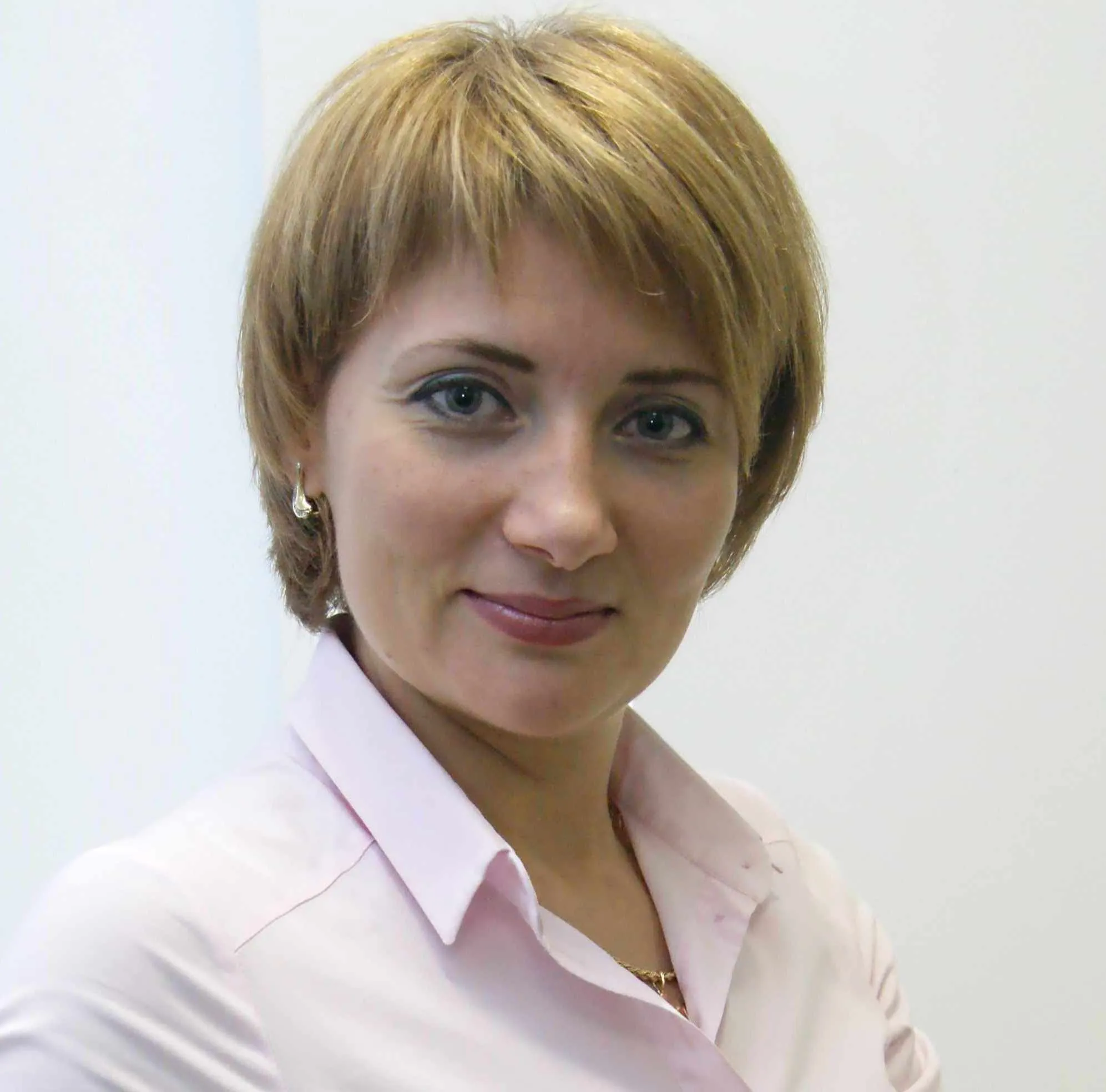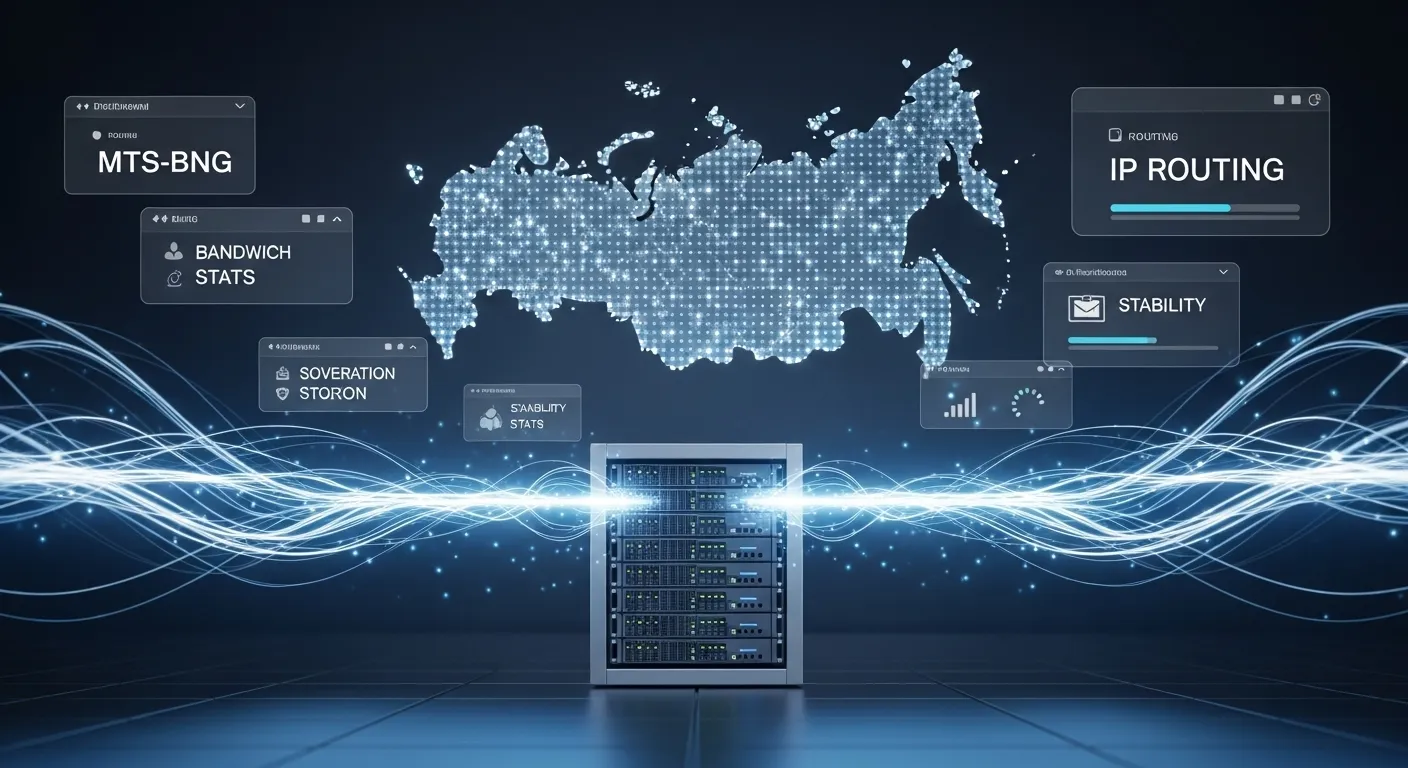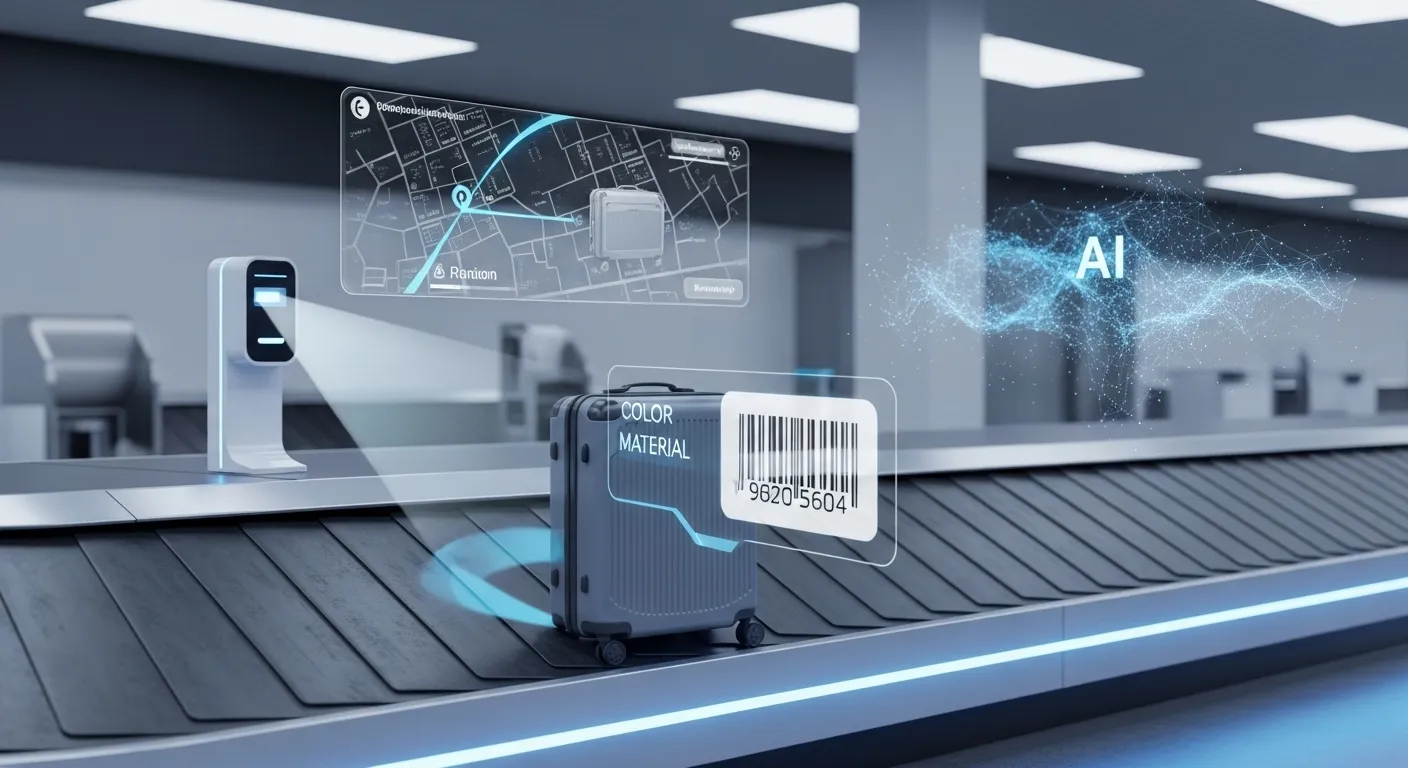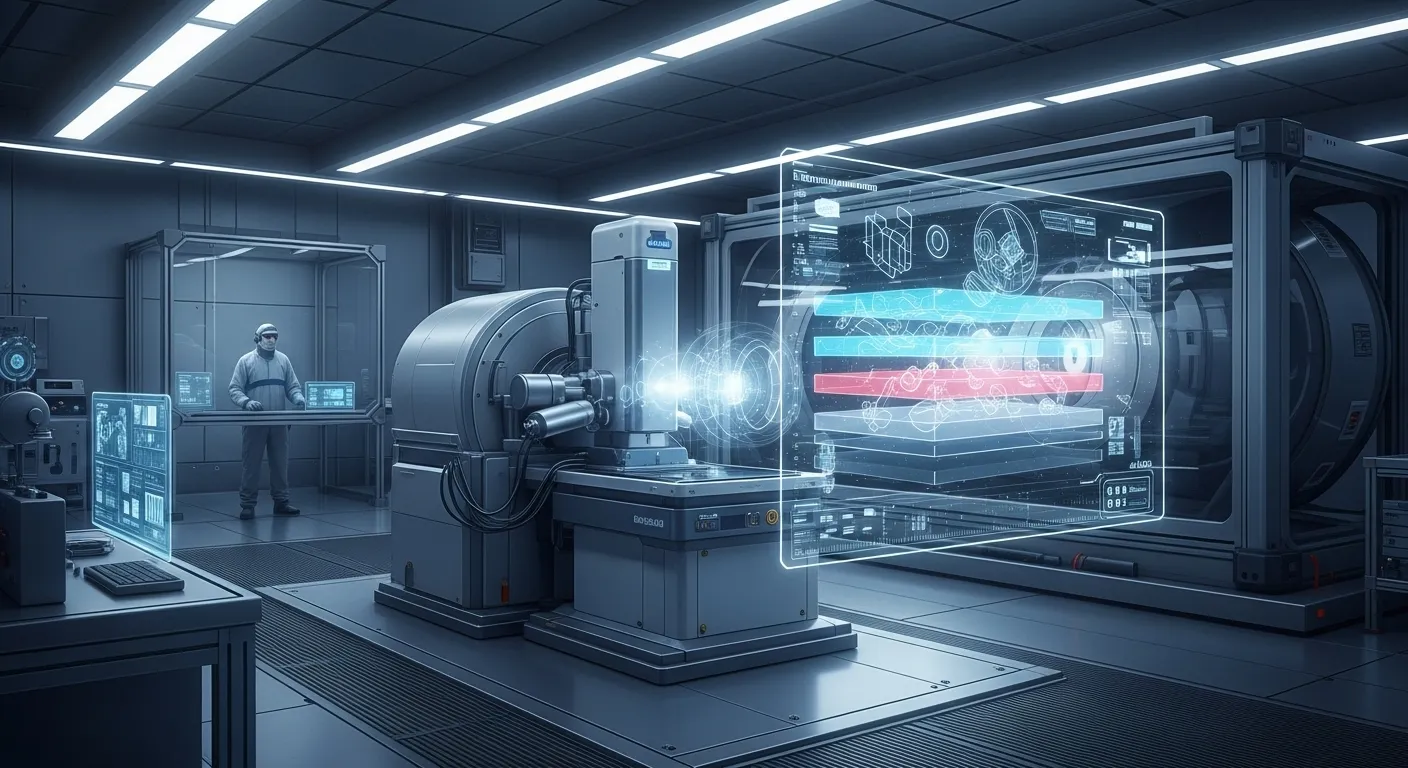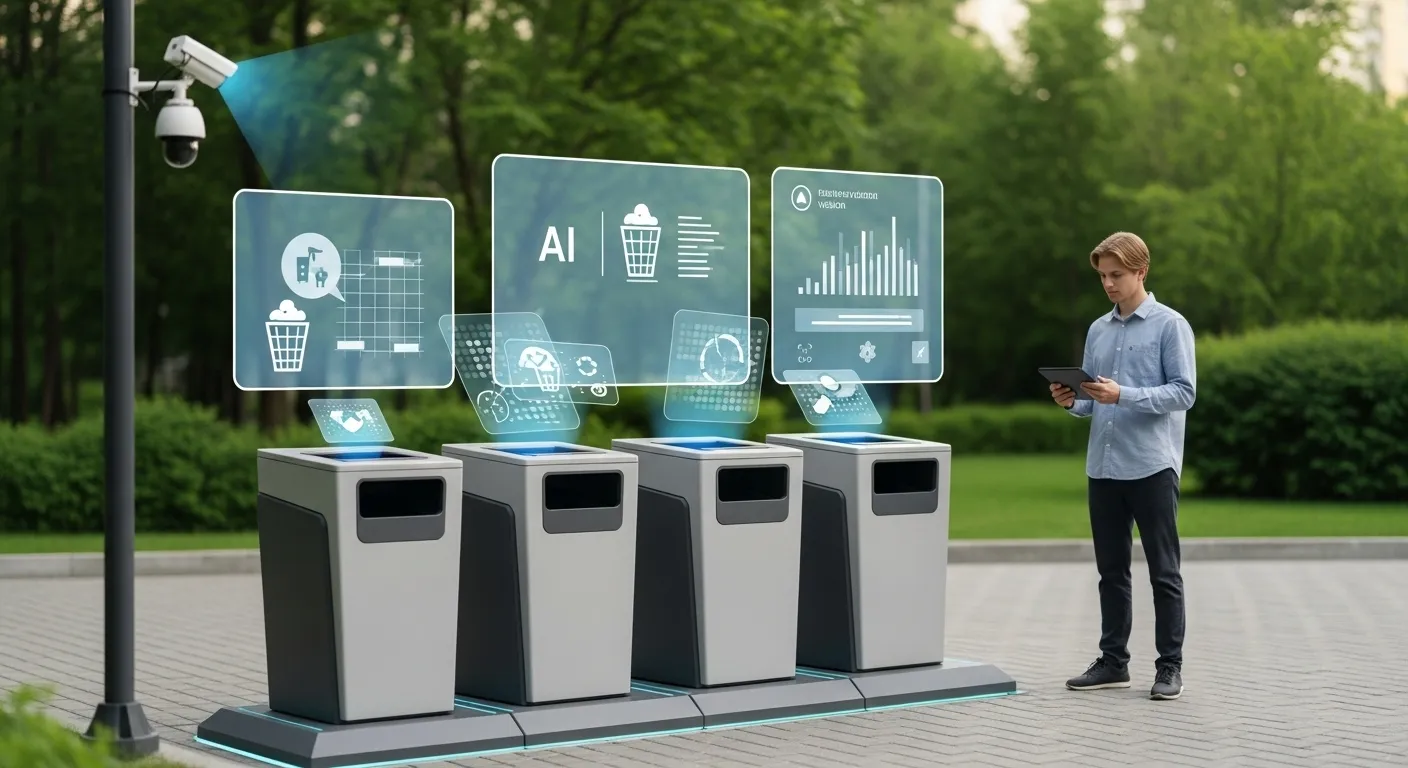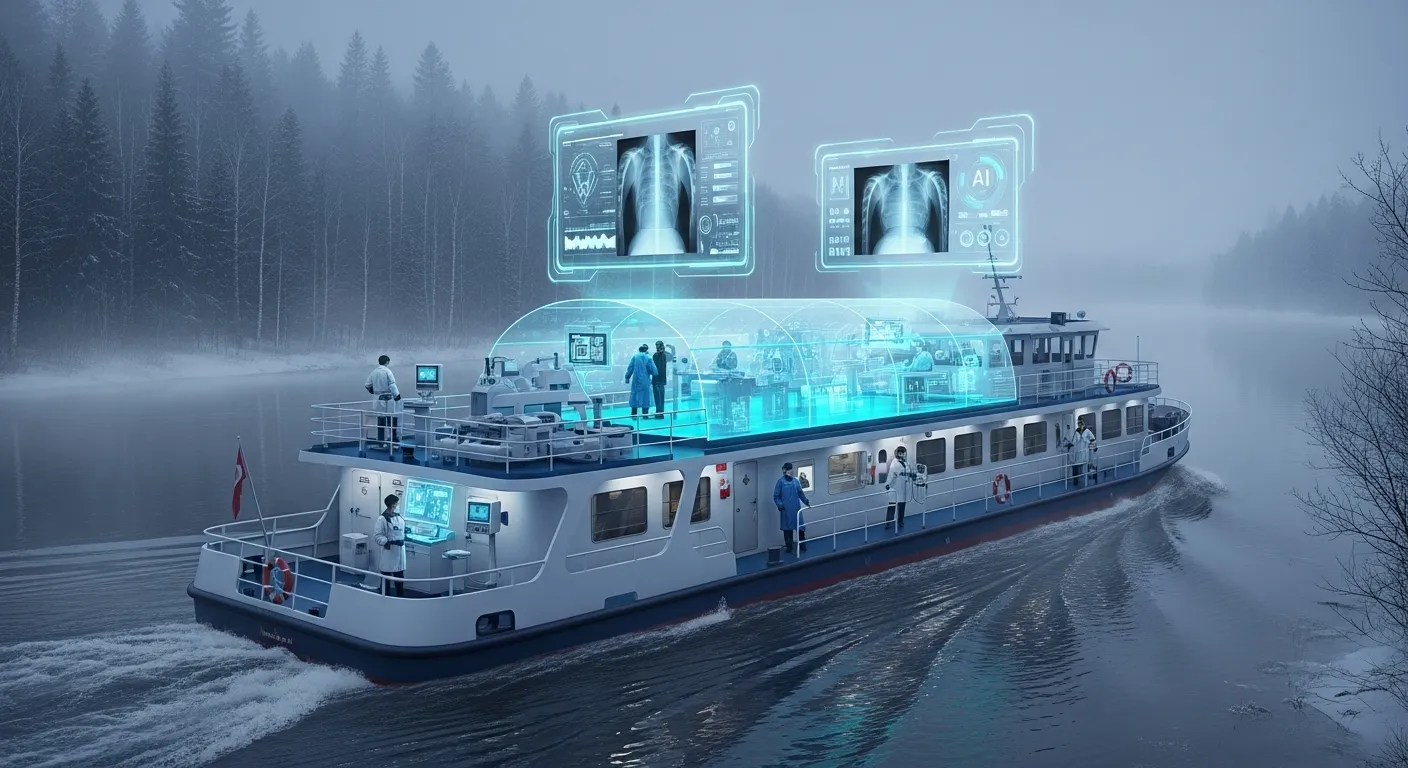Rosatom Implements Electronic Workflow Across International Divisions

Rosatom has migrated 29 of its foreign branches to an import-independent electronic document management system (EDMS MB 2.0), based on the Atom.Content platform. The new system enhances speed and reliability for handling documents in Rosatom's offices in Hungary, Egypt, Turkey, Bangladesh, Belarus, Iran, China, Kazakhstan, and India.
Security and Efficiency Gains
The EDMS MB 2.0 project, jointly developed by JSC Greenatom and Filosofiya.IT, is part of a broader initiative by Rosatom to strengthen its technological independence. This system ensures robust, efficient, and legally compliant document workflows—covering administrative, contractual, and procurement documents essential to the nuclear sector's global operations.

By replacing Oracle with Postgres Pro, Rosatom has fully eliminated dependency on foreign software vendors, improving resilience against sanctions. Automation features in EDMS MB 2.0 have reduced document processing time by 30% and cut down paper consumption, contributing to significant cost savings.
This reinforces Russia’s digital sovereignty and signals to international partners that the country can deliver world-class IT systems. In nuclear construction projects like El-Dabaa in Egypt and Rooppur in Bangladesh, the new platform enhances transparency and facilitates efficient project oversight.
Platform Adaptability and Export Potential
EDMS MB 2.0 and its underlying Atom.Content platform are not limited to the nuclear sector. The architecture allows for adaptation across energy, engineering, and construction industries—sectors where digital coordination of complex documentation is vital.
Countries like Turkey and Egypt, which are partnering with Rosatom on new-build nuclear projects, may benefit from adopting this platform for internal project governance. This gives EDMS MB 2.0 notable export potential in developing markets looking to enhance their nuclear infrastructure with reliable digital tools.

Responding to Global Digitalization Trends
Since 2018, Rosatom has pursued a comprehensive digital strategy, launching more than 70 products including knowledge management systems and digital twins. The shift toward EDMS MB began in 2020 with pilot deployments in Belarus, Bangladesh, and Kazakhstan. By 2023, the full replacement of EOSDO with Atom.Content-based solutions was completed.
In 2021 alone, Rosatom saved over 13,000 workdays through digital optimization—a testament to the transformative power of its IT modernization efforts.
EDMS MB 2.0 is part of this broader evolution, representing a timely response to the increasing need for localized, secure IT infrastructure in the nuclear sector.

Strategic Impact and Long-Term Outlook
With EDMS MB 2.0 now in place, Rosatom is reinforcing its position as a leader in digital innovation for nuclear enterprises. The platform enhances international project management, supports job creation in Russia’s IT sector, and underscores the nation’s commitment to technological sovereignty.
Looking ahead, Rosatom plans to extend the use of EDMS MB 2.0 beyond the nuclear industry. By 2030, the system may be implemented across a range of sectors, supporting broader goals for digital transformation and economic modernization in Russia and abroad.


